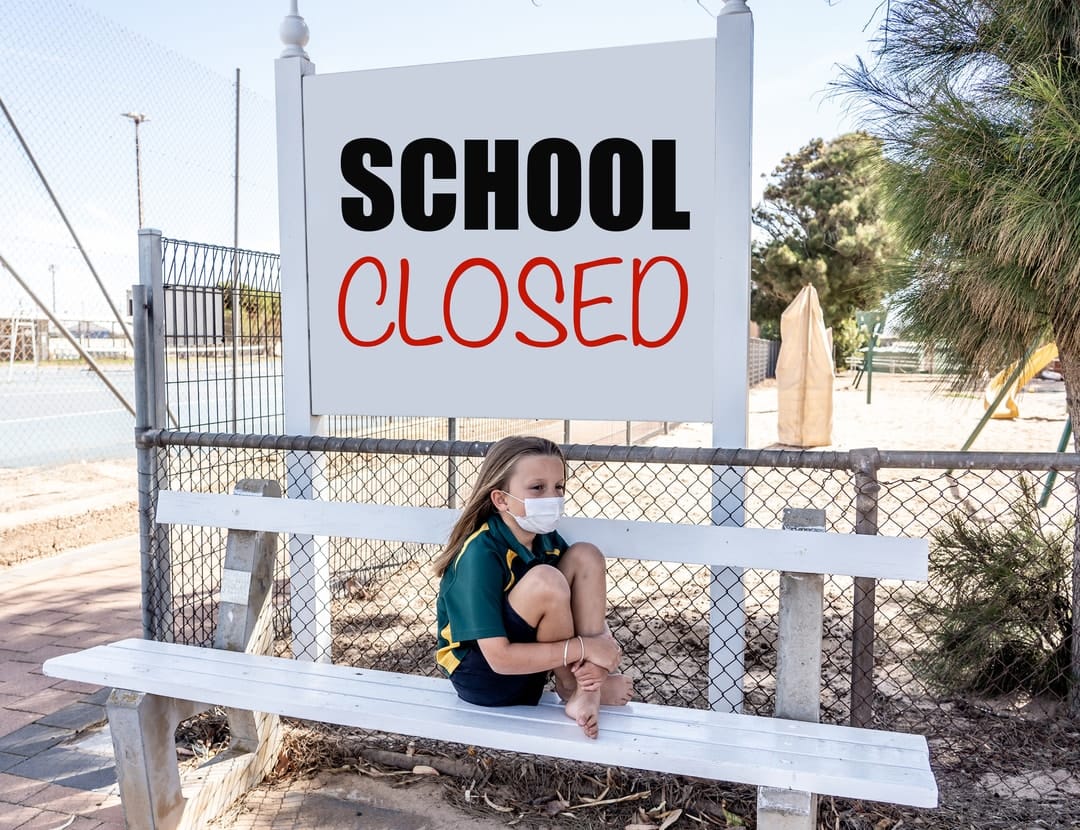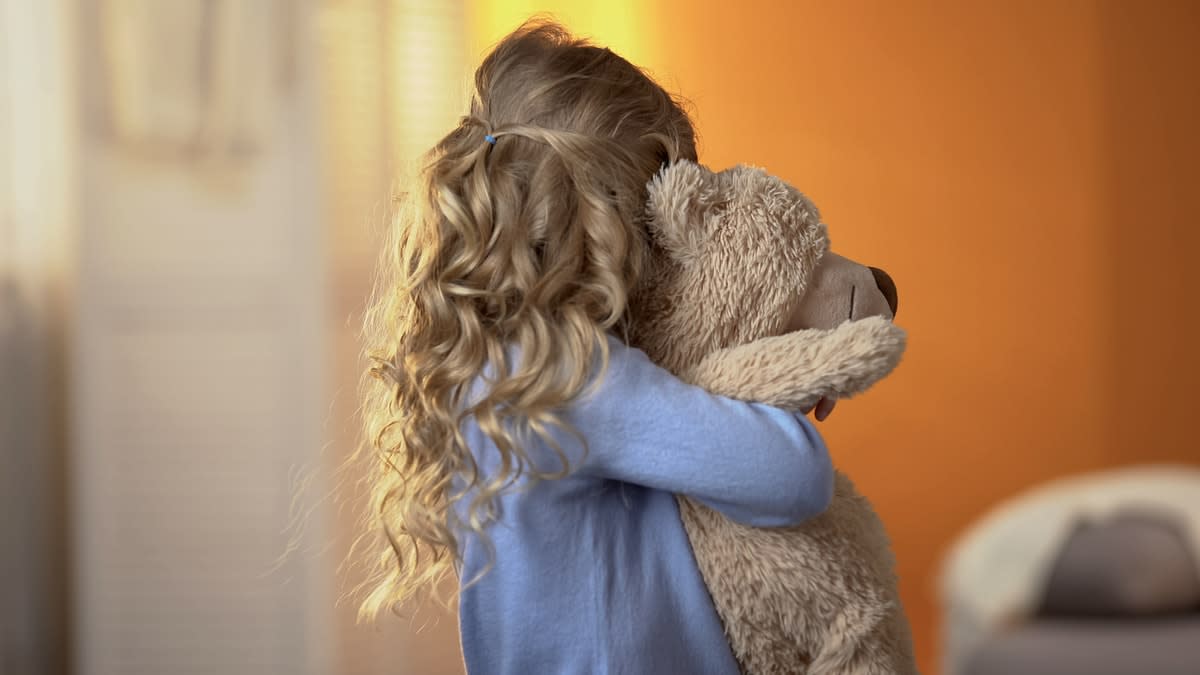
Increasingly, the effects of COVID-19 are showing for people in Australia. Australians are facing empty supermarket shelves, self-quarantine, closure of workplaces, and are starting to work from home. Independent schools are also closing at a rapid rate across Australia, and children are now completing online schooling.
After a meeting of the national cabinet on Sunday night, Prime Minister Scott Morrison insisted schools needed to remain open, but government schools in Victoria and the ACT have defied this and will close from Tuesday.
The elderly and people on fixed incomes are among the most vulnerable to the effects of COVID-19 due to their age and pre-existing health conditions, social isolation, and panic buying that has stripped supermarket shelves of essential supplies.
Online schooling and online socialising also presents a challenge for disadvantaged families and the elderly who do not have adequate access to the internet, IT and school supplies.
The unemployment rate is also predicted to increase in Australia as a result of COVID-19. Several employers have been forced to reduce their workforce because of a drop in foot traffic and sales that are needed to keep their business running. Small businesses in particular are facing an uncertain future, and job losses will further the financial, social and emotional vulnerability of many Australian families.
A range of stressors
In addition to quarantining, depleted supermarket supplies, social isolation and financial losses, other potential stressors for people during COVID-19 are infection fears, concerns about the health of family members, frustration and boredom, inadequate information, conflicting information, and stigma.
In a study from China, COVID-19 increased moderate to severe levels of stress, anxiety and depression in adults. The earlier SARS outbreak, however, also promoted resilience, connectedness and adaptability of families and children. There is currently limited evidence on the psychological impact and resilience of children as a result of COVID-19.
Read more: Support is the key, whether schools are closed or not
However, children with SARS were said to be more resilient if they had adaptable, cohesive and supportive family members. These factors appeared to buffer children with SARS against the psychological impacts of hospitalisation and isolation. When faced with adversity, children who are resilient are those who have been shown to have adequate social support, those who are aware of their own strengths, and those who have the opportunity to express their thoughts.

Children will also mirror the response and feelings of their parents and family members during and following adversity. Children are therefore very susceptible to their parent’s emotions of anxiety, stress and anger.
A recent Monash University article discussed how teachers should talk to children about COVID-19. These dos and don’ts of how to talk to children about COVID-19 at school and for teachers also apply to parents and family members at home.
Because children will now be spending more time at home, parents should avoid showing their own emotional distress to COVID-19 to their children, should limit their children’s exposure to the news, and should show their children that they are hopeful for a speedy end to COVID-19.
Public health advice about social distancing, hygiene practices and quarantining should also be coupled with advice about maintaining psychological health.
Children may also take on additional responsibilities to ease the burden of COVID-19 on their parents. This can include caring for older relatives or younger siblings. While these behaviours can increase the adaptability and resilience of children, children also need continual guidance and support when taking on these responsibilities.
Public health advice about social distancing, hygiene practices and quarantining should also be coupled with advice about maintaining psychological health. The Australian Psychological Society and mental health organisations such as Beyond Blue have provided advice about maintaining psychological wellbeing during COVID-19. Access to online or telephone psychological services through Medicare has also improved for some, but not all, Australians.
More focus needed on psychological health
In contrast to these changes, government health campaigns and advice about COVID-19 have continued to focus on minimising the spread of COVID-19, and there's been limited consideration as yet on minimising the potential psychological effects of quarantining, job instability, and fears of infection for Australian families.
In a review of the evidence, negative psychological effects of post-traumatic stress symptoms, confusion and anger were reported as a result of people being quarantined during the SARS, Ebola and MERS outbreaks. Highlighted was that people need adequate information, access to basic supplies, and advice about meaningful activities while in quarantine.
Adequate information and clear communication can lower anxiety and psychological distress for people who are in quarantine, as well as for those who are not in quarantine.
The evidence presented here shows that while the psychological risks of COVID-19 are real and of concern, there are measures that can be put into place now to support people emotionally during COVID-19. These include clear communication, financial support, ways for people to connect socially during quarantining and social distancing, and adequate resources for work and school to continue for disadvantaged families.





